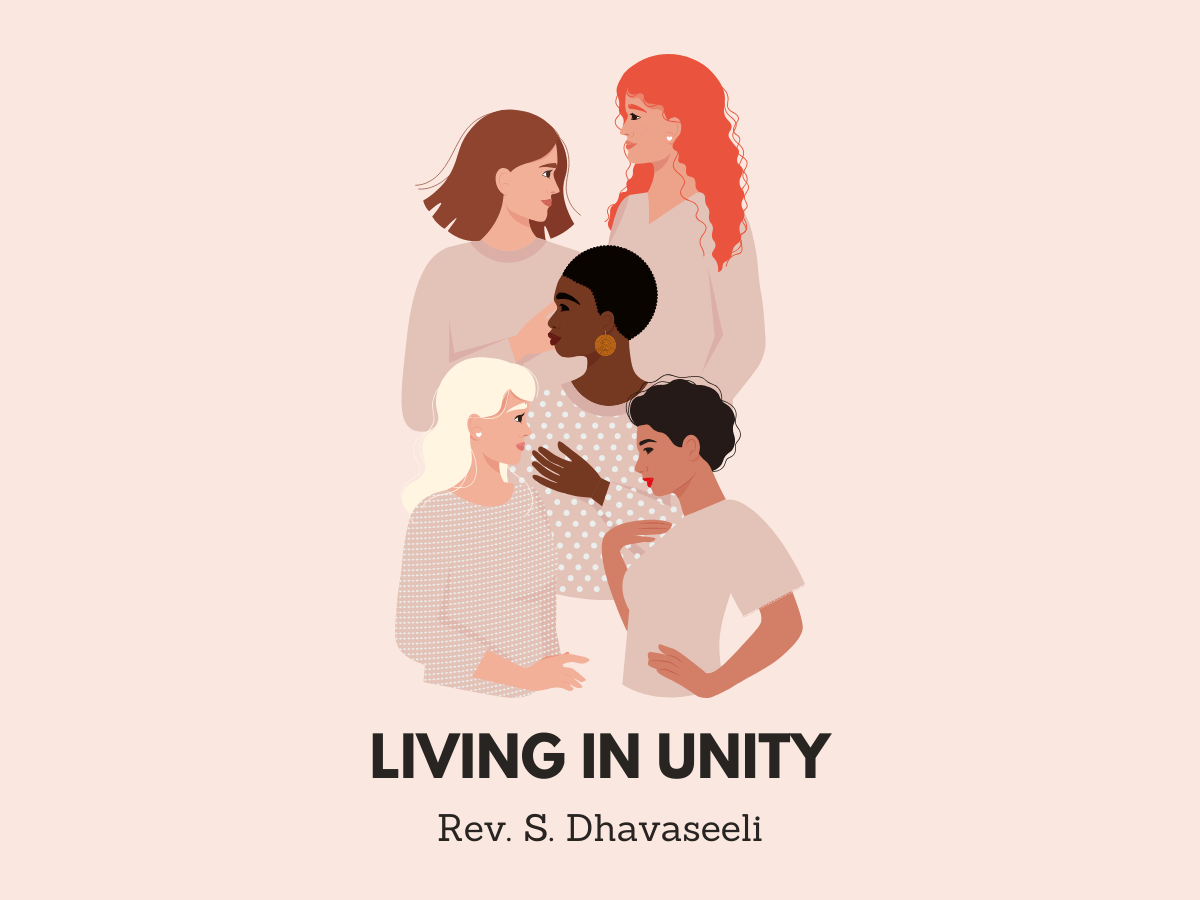
Then afterward I will pour out my spirit on all flesh; your sons and your daughters shall prophesy, your old men shall dream dreams, and your young men shall see visions. Even on the male and female slaves, in those days, I will pour out my spirit, (Joel 2:28-29).
In this passage we see that, Joel envisioned an eschatological outpouring of God’s Spirit upon ‘all flesh (or humankind)’. Then by way of surprise the prophet abruptly declared ‘and even’ or ‘and also’ menservants and maidservants would receive the Spirit of God.
It is this exegetical addition that was marked by the ‘and even’ phrase that forces the interpreter to acknowledge that Joel had all humankind in mind here. The recipients of this blessing are said to be (given to) all flesh, which has a variety of meanings in the Old Testament but comes to mean simply everybody. The text also stresses equal participation in the prophetic activity by sons as well as daughters. The Old Testament priesthood was limited to Levite men. But in God’s sight the prophetic role is for anyone.
Deborah was an outstanding early example, and she contributed a chapter to canonical Scripture (Judges 5; cf. Miriam, Ex. 15:20-21) etc. Joel’s revelation puts emphasis on the fact that the prophetic gift will be common, perhaps even universal, among Israelite women, even among the female slaves. The promise takes up the wistful longing of Moses expressed in Num. 11:29: “would that all Yahweh’s people were prophets, that Yahweh would put his spirit upon them,” which is comparable with Jeremiah’s great prophecy of the New covenant in which an intimate knowledge of the law and of Yahweh is promised to all the people, “from the least of them to the greatest.” Also the distinctions of age, sex, and social class would be swept away in this common spiritual endowment.
The wideness of God’s endowment of his people prepares the way for Paul’s even greater declaration of blessing in Christ: There is neither Jew nor Gentile, neither slave nor free, neither male nor female (Gal. 3:28). Thus in the sphere of spiritual capacity these distinctions would not be relevant. The major characteristic of the outpouring of the Spirit is its universality. All the people of God receive the Spirit.
The text specifically erases the major social distinctions of the ancient world: gender, age, and economic status. The church is a community, a communion of persons freely engaged in relationships of mutuality and love. The church is the people of God because God gives and calls the church to be God’s people and a sign of blessing and well being to all. Those who live in the age of the Spirit cannot expect that God restricts ministry of the Spirit from anyone simply because he or she is old or young, male or female, or of high or low standing socially. Now it is revealed through Joel that, when the ‘great and awesome day of Yahweh’ is near, the Spirit of God will be poured out on all the people of Israel. Yet there will be, says Joel, a new outpouring of God’s Spirit resulting in a renewed community. So in conclusion let me ask: Are we ready to take up the struggles to make a renewed community where there is no bias on the basis of age (young or old), gender (male or female), social standing (high or low) or economic well being (rich or poor) – where we can all rejoice in the Lord together?
Author: Rev. S. Dhavaseeli is an ordained minister of the CSI-Madras Dioceses


